AI Powered Java Fullstack – From Basics to Advanced with AI Integration
Learn Java Full Stack Course In Telugu , Become a Pro in FrontEnd , DataBase,JavaSE ,Java EE with AI integration.

100% Live
Training

2 Years
Recordings
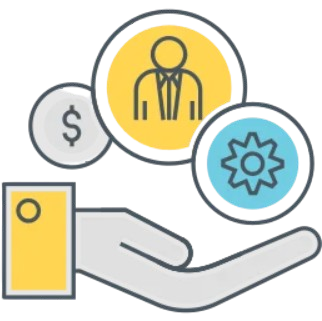
Free
Addon Sessions
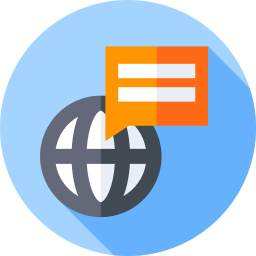
Real Time
Projects
Massive Demand. Massive Opportunities
Hiring Demand
Java Fullstack Developers are among the top 3 most in-demand roles in IT with AI skills skyrocketing demand further.
Salary Growth
Freshers earn ₹4–7 LPA, while experienced AI-powered Fullstack Developers can reach ₹12–25 LPA.
Career Roles
Java Fullstack Developer, Backend Engineer, Frontend Developer, AI Integration Specialist, Spring Boot Developer.
Future-Proof Skills
Learn both traditional fullstack (Java + React) and AI-powered development with Spring AI and OpenAI APIs.
Global Opportunities
High demand in FinTech, E-commerce, Healthcare, SaaS, and AI startups worldwide.
Real Projects
Work on AI Chatbots, E-Commerce, Finance Systems, Web Apps, and Spring Boot + AI integrations.
Companies That Want to Hire You









We Understand Your Struggles – And We’ve Solved Them!
Career Confusion
- Backend or frontend, which to choose?
- Learn both + AI integration in one complete roadmap.
Coding Fear
- Afraid Java is tough?
- Step-by-step training from Core Java → Advanced → AI modules.
Too Many Tools
- Lost between SQL, Hibernate, Spring, React?
- Simplified end-to-end fullstack flow with practice projects.
Interview Stress
- Can’t handle coding + scenario questions?
- Mock tests, Q&A, real-world projects included.
No Portfolio
- Nothing to showcase recruiters?
- Build 7+ major and mini projects including AI-powered apps.
What Makes This Course Different
👉 Module Wise Quizzes, Assignments, and Practice Questions
👉 100% Placement assistance
👉 Industry professionals with 10+ years of experience
👉 Live Chat support assistance
👉 Access to session recordings for 2 years
👉 EMI Option also available with specified cards
👉 Get ₹10,000 Worth of Free Career Booster Add-On Sessions
👉 Dedicated Job Updates
👉 100% Live Training in Telugu
👉 Industry Ready Training
👉 Interview Questions & Study Materials
👉 Resume & Linked In Preparation
Exclusive Offers You Don’t Get Anywhere Else
🔥Currently Active Offers
Java Full Stack Course Syllabus
1. Core Java
Introduction, History, Features
JDK, JRE, JVM Setup
Basics: Variables, Data Types, Operators
Control Statements: Loops, Decisions
OOP: Class, Object, Inheritance, Polymorphism, Abstraction
Exception Handling, Multithreading
Collections Framework and Java 8 Features
Garbage Collection, File Handling
2. Database
SQL Basics and MySQL Environment Setup
DDL, DML, DCL, TCL Commands
Joins, Aggregate Functions
NoSQL: MongoDB Basics and Operations
3.JDBC & Hibernate
JDBC Concepts, CRUD Operations
Hibernate ORM, Configuration, Entity Mapping
Hibernate CRUD, Queries, Relationships, and Advanced Features
4. Web Applications (Servlets & JSP)
Tomcat Server Setup
Servlet Lifecycle, doGet and doPost
JSP Basics, Directives, Session Tracking
Servlet and JSP Integration
5. Spring Framework
Spring Modules Overview
Spring Core: Beans, IOC, DI, Bean Scope
Spring JDBC and ORM
Spring MVC Architecture and AOP
6. Spring Boot
Introduction, Features, Auto Configuration
Spring Boot REST APIs, Thymeleaf Views
Spring Data JPA and Transactions
Exception Handling
7. Advanced Spring Boot
Actuator Metrics
Scheduling and Cron Jobs
Caching (Cacheable, Caffeine)
Spring Security (Authentication, Authorization, JWT)r
8. Spring AI & Unit Testing
Spring AI Overview, OpenAI Integration
JUnit Setup and Annotations
Mockito for Mocking and Unit Testing
9. Microservices & Messaging
Microservices Architecture
Service Discovery with Eureka
API Gateway
Kafka Messaging
Circuit Breaker with Resilience4j
10. Frontend - HTML & CSS
HTML Basics, Tags, Attributes, Forms
CSS Syntax, Selectors, Box Model
Flexbox, Grid, Responsive Design
Bootstrap Framework
11. Frontend - JavaScript
Fundamentals, DOM Manipulation, Events
Asynchronous Programming (Callbacks, Promises, Async/Await)
Error Handling and Custom Errors
Object-Oriented JavaScript
12. ReactJS
Introduction, Virtual DOM
Components, JSX, State and Props
Routing and Hooks
Styling (CSS Modules, Styled Components)
13. Tools & Version Control
Git & GitHub Basics
Version Control Concepts
Branching, Pull Requests, Conflicts Resolution
14. Additional Concepts
Circuit Breaker and Resilience4j Setup
Kafka Broker Setup and Messaging
Microservices Architectural Patterns and Deployment
Real Projects You'll Build
MedSync - AI-Powered Hospital Management System
A comprehensive healthcare system streamlining doctor, patient, appointment, and staff management with AI-driven diagnosis suggestions, PDF discharge summaries, and cloud storage.
StayEase - Accommodation Management System
A property management platform for PG owners and students, enabling PG owners to manage beds, rent, and inquiries, and allowing users to search and contact PG providers.
Smart Bank Management System
An online banking portal facilitating user registration, account management, fund transfers, loan applications, and admin features like report generation and loan approval.
PFMS - Personal Finance Management System
A personal expenses tracker for monitoring income and expenses, visualizing spending patterns through charts, and providing financial suggestions to optimize expenses.
Spotify Clone – Music Streaming UI
A feature-rich music streaming platform mimicking Spotify, with playlist creation, play controls, and user authentication to offer an engaging user experience.
ShopVibe - E-commerce Platform
A modern shopping site with product browsing, user registration, secure checkout, and order management, providing a seamless shopping experience.
Blog Application
A responsive blog platform allowing users to create, edit, and delete posts, with features like search, categorization, comments, and a clean, Bootstrap-based UI.
Full-Stack CRUD Application
A project template for creating full-stack applications with React, Node.js, and MySQL, typical for portfolio development.
Grocery Delivery App
A mobile-friendly app enabling users to browse, order, and track grocery delivery, integrating features like cart management and payment gateways.
Online Learning Platform
A dynamic educational portal with course management, quizzes, progress tracking, and multimedia content, built with React, Node.js, and MongoDB.
Job Application Portal
An application where users can filter jobs, apply for positions, and connect with employers, featuring advanced search, notifications, and user management.
Complaint Management System
A streamline portal for residents to submit, track, and manage complaints; admins can assign, resolve, and generate reports on complaints.
AI-Based Resume Screening System
Automates resume evaluation for HR, analyzing skills and experience using Spring AI for smart candidate shortlisting, with report generation.
Portfolio & Showcase Projects
Web showcases for personal or professional portfolios, including image galleries, carousel displays, and project summaries.
Watch the Demo of Our AI Powered Java Fullstack Course in Telugu to Get a Preview of the Topics Covered.
From Their Desks to Your Screen



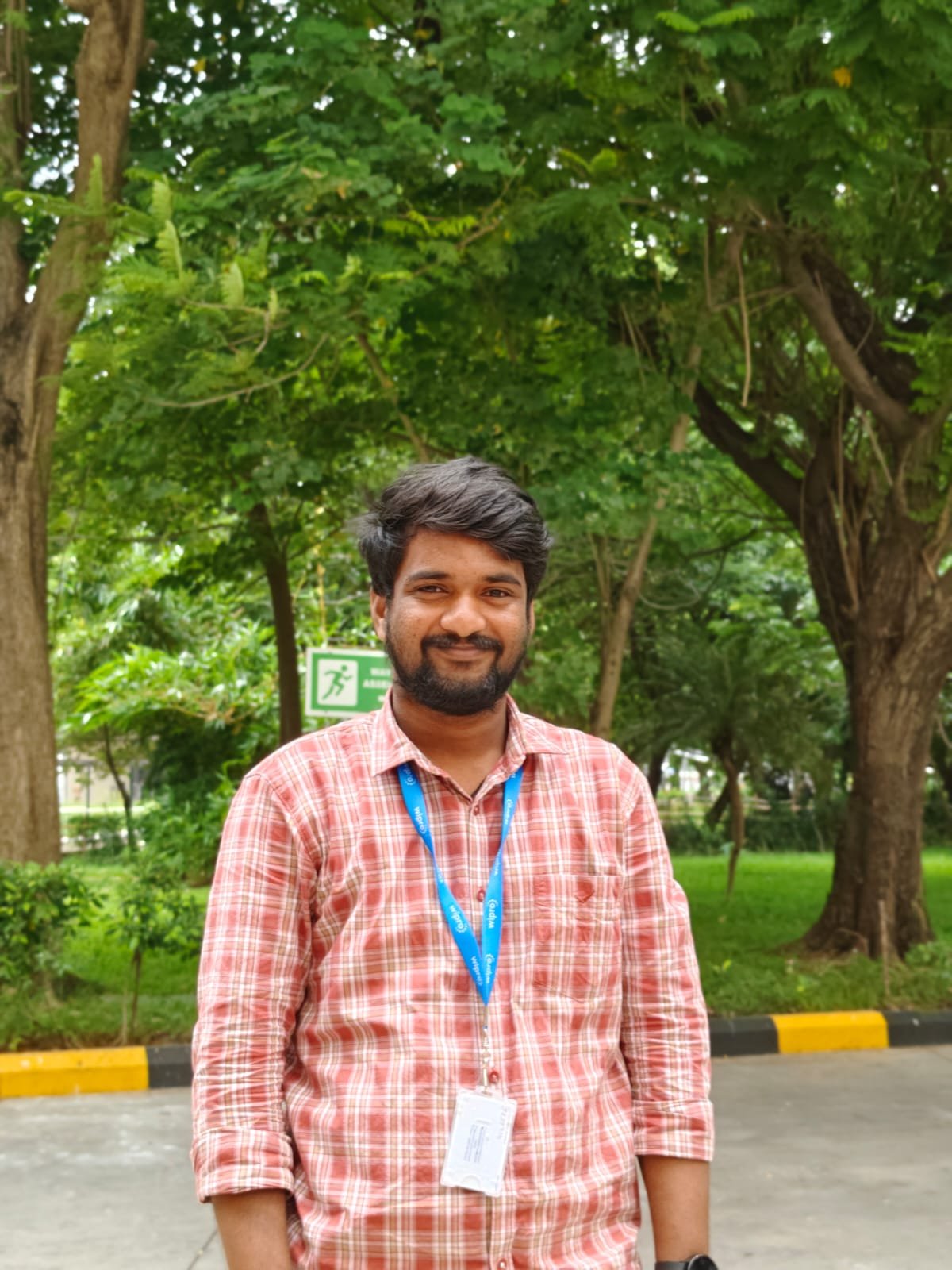


Hear from Our Successful Students










Career Paths After Java Full Stack Course
Freshers
Java Fullstack Developer (Entry Level) – ₹4–7 LPA
Backend Developer (Java, Spring Boot) – ₹4.5–7.5 LPA
Frontend Developer (React.js) – ₹3.5–6 LPA
Junior AI Integration Developer – ₹4–7 LPA
Intern / Java Associate – ₹2–4 LPA
Experienced
Senior Fullstack Developer – ₹10–18 LPA
Spring Boot / Microservices Specialist – ₹12–20 LPA
AI-Powered Application Developer – ₹12–22 LPA
Cloud + Java Fullstack Engineer – ₹15–25 LPA
Freelance Fullstack/AI Developer – ₹1L–2.5L per month (project-based income)
Complete AI Powered Java Fullstack Course Mastery in Telugu
- Time : 7:30 PM-9:00PM , 6+ Months Duration
- Start Date: 04th Dec 2025
Get ₹10,000 Worth of Free Career Booster Add-On Sessions
Resume Building
Create strong resumes with expert guidance.
Job Updates
Get access to latest openings & hiring alerts.
Interview Prep
Mock interviews and communication training.
LinkedIn Boost
Optimize your LinkedIn for visibility.
Freelancing
Learn how to start and grow as a freelancer.
Career Advancement Results
At Frontlines Edutech, we believe in transforming careers through high-quality, industry-relevant education. Our focus is on providing practical skills and knowledge that lead to real-world success. With a proven track record of impactful learning, we ensure our students are well-equipped to excel in their chosen fields and achieve their career goals with confidence.
Frequently Asked Questions
1. What is the AI-Powered Java Full Stack Course all about?
The AI-Powered Java Full Stack Course is a comprehensive program that teaches both front-end and back-end development while integrating AI capabilities. You will gain expertise in Java, Spring Boot, Hibernate, MySQL, Microservices, AI Integration with OpenAI, and more, while working on real-world projects to build scalable AI-driven web applications.
2. Who is this AI-Powered Java Full Stack Course for?
This course is ideal for beginners, IT students, working professionals, career switchers, and anyone looking to build or advance a career in cloud computing, DevOps, or IT infrastructure.
3. Do I need prior programming experience?
No, prior programming experience is not required. The course starts from the basics and gradually moves to advanced AI-powered full-stack development concepts. It is beginner-friendly, with hands-on learning and step-by-step guidance.
4. Will I receive job placement assistance?
Yes! The course includes placement support such as resume building, LinkedIn profile optimization, interview preparation, and access to job updates.
5. What if I miss a live session?
All sessions are recorded, and you will have access to these recordings along with downloadable resources, ensuring you can catch up anytime.
6. Do you offer EMI payment options?
Yes, we offer flexible payment options, including EMI plans, to make the course accessible for everyone.
Get Certified
Yes, you’ll get a Certificate representing your Industry Readiness once you submit your projects and clear the pre placement test.
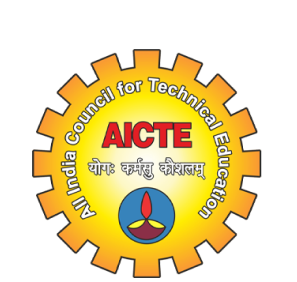
Approved by AICTE

Certified by ISO 21001:2018
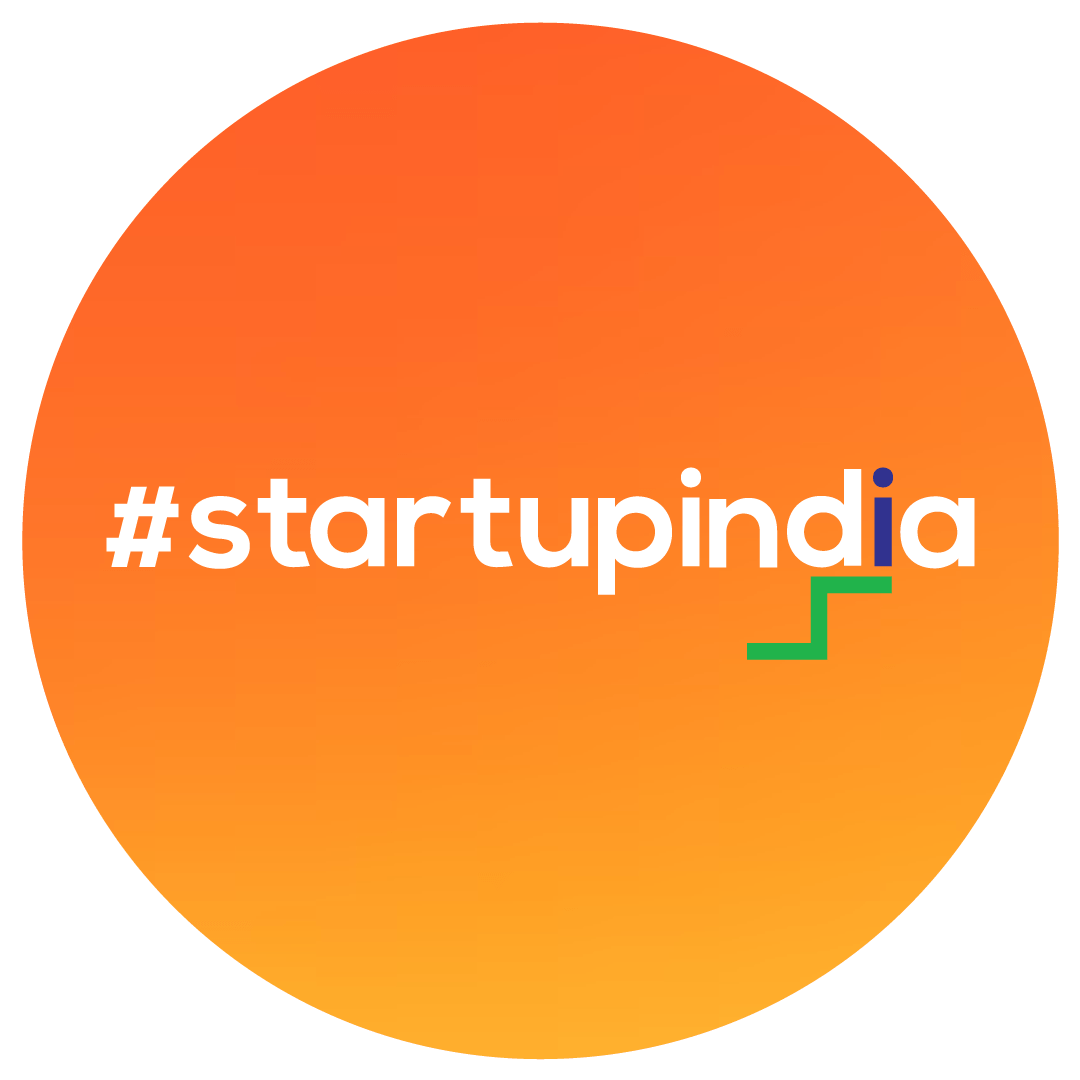
Recognized by Startup India

Registered under MSME

